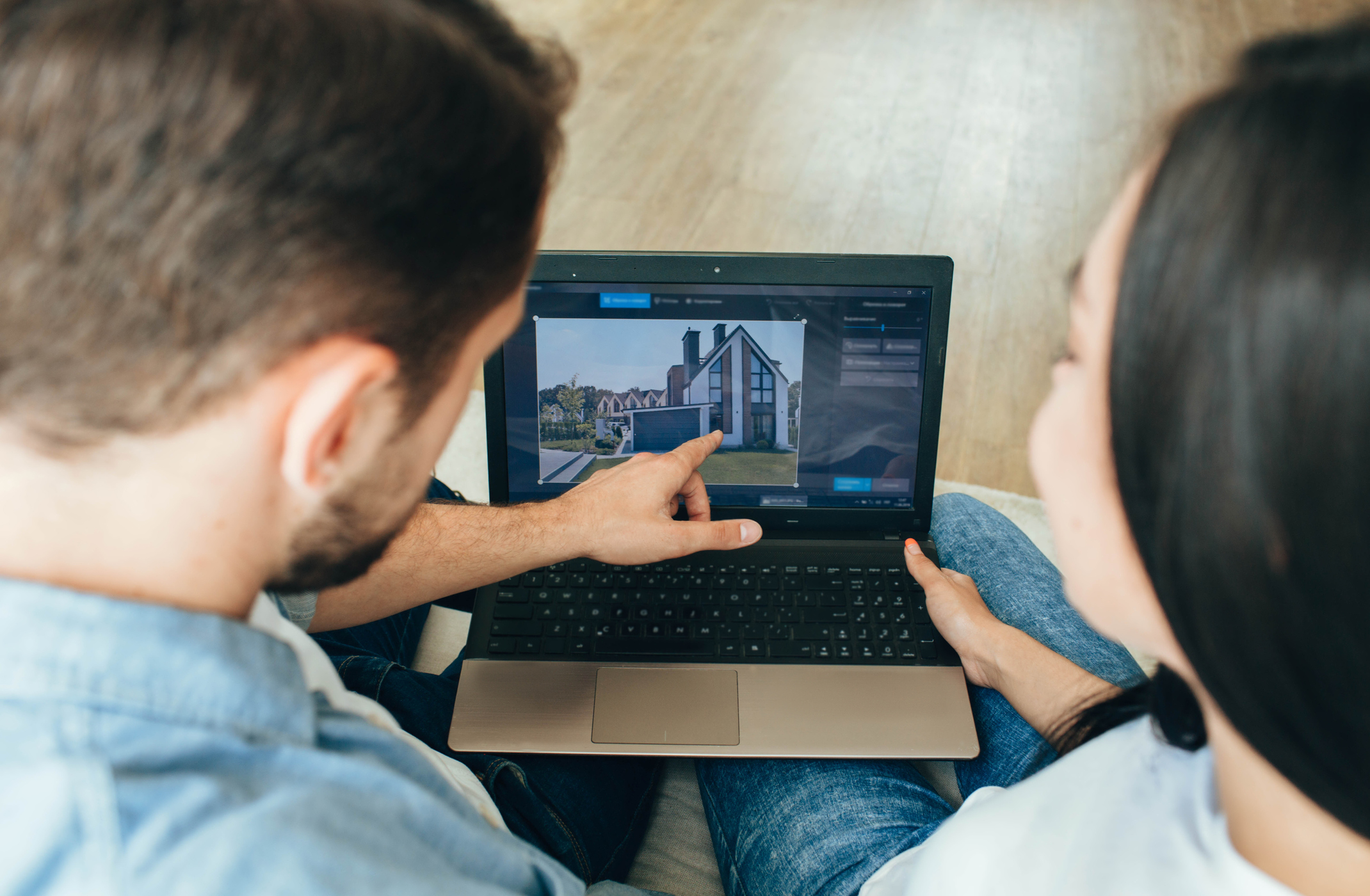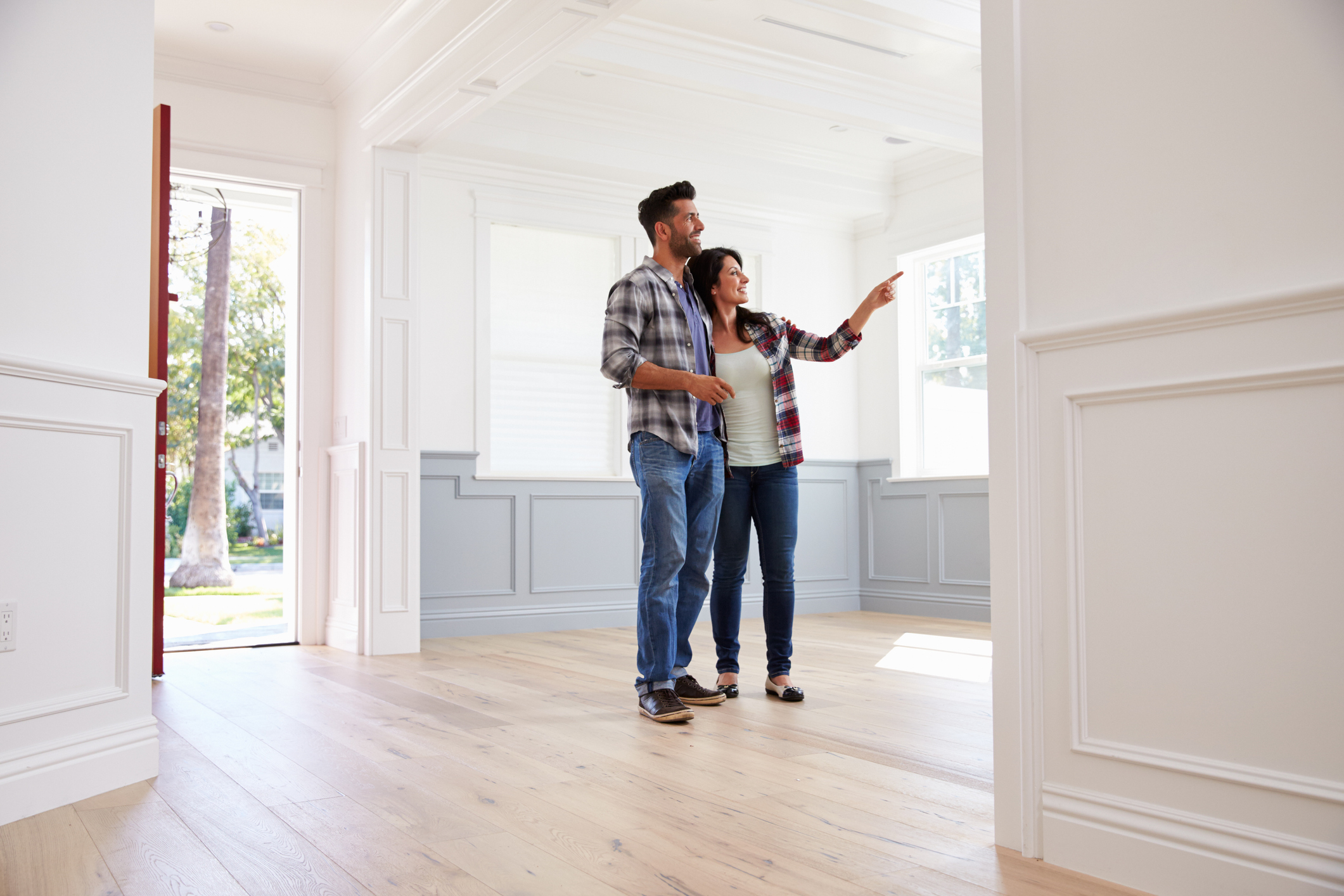5 Important Things to Look for When Buying a House
Finding the perfect home, buying it, and raising a family there has long been an American dream. Not everyone’s dreams look exactly that way, but most still aim to buy a home at some point in their adult life. It’s easy to be drawn to the aesthetic of a house when buying, but there are many other things that you need to consider before purchasing a home to make sure it’s a good long-term investment. In this article, we’re covering five important considerations when buying a home.
 1. A Home That Meets Your Needs
1. A Home That Meets Your Needs
The first thing you’ll want to find is a home that meets your needs. This includes any potential needs you think could come over the next several years. For example, if you don’t currently have kids but plan on starting a family in the next few years, you may want to buy a house that can accommodate that, so you don’t have to incur the expense of moving again soon after buying.
Here are some of the most important things to consider when looking for your home:
- Location: One of the most important things that impact the value of your property is the location. Buying the right land or home can help you gain wealth as you live in your home over time.
- Curb Appeal: You’ll have to look at your home every single day, so you want it to be something that you enjoy looking at. Curb appeal is real, and it can add a lot more than just personal satisfaction. Homes that look great on the outside can potentially sell for more later.
- Style of Home: A home layout that works for your life is essential. For example, having an office might be necessary if you work from home. You may look for a ranch if your elderly parents live with you. There is no single correct answer other than the style of your house needs to match your lifestyle.
- Property Size: Having more land with your home can be an excellent investment. It gives you an area to do projects like gardening or space for your kids to play and adds value to your overall purchase.
- Neighborhood: Many people regret buying homes because they don’t enjoy their neighborhood. Either it’s not as safe as they had hoped, or they don’t click well with their neighbors. Either way, living in an area you enjoy and feel like you can be a part of is important.
These are just some of the critical things to consider when looking at a home that fits your personal needs. The goal is to satisfy your desires while not letting your emotions take control of the buying process.
2. Home Price
The price of your home is significant to the home buying process. There are two major considerations, assuming you’ll need a mortgage. These are how much the house will be valued and how much you can afford to buy.
- Value: If the home isn’t going to get valued for enough compared to the price you’re buying it for, then you’ll either have to pay cash for the home, or you won’t be able to buy it. You also don’t necessarily want to buy a home at the top of its value because it leaves little wiggle room to sell it later if you need to move on quicker than expected.
- Affordability: You will also want to consider buying a home under what you can get approved for in a mortgage. You don’t want to pay so much in your monthly mortgage payment that you will be in trouble if you lose your job. Your home will likely be your largest asset, so you want to protect it the best you can.
3. Property Taxes
Many people forget to consider property taxes during the home-buying process. Just because you can afford a mortgage on the home price doesn’t mean you can afford the property. Some counties or states require a large assessment of property taxes to be paid yearly to own the property.
You can quickly get your property underwater if you don’t pay these taxes. Taking the annual property tax estimation and dividing it by 12 can give you a rough estimate of how much you’ll have to pay per month. Adding this to your potential mortgage payment is essential to see if the total is something you can afford without much trouble. If not, you should find a more affordable home or a property in a different area.
4. Quality of Schools
One thing that impacts the long-term value of a property is the quality of schools within the desired area, and for obvious reasons, if you have kids, you’ll want to find a home with high-quality schools. However, even if you don’t, then it’s still important if you want to maintain or grow your property’s value over time. This is because potential future buyers of your property will be invested in the quality of the schools.
Areas with high-quality schools typically are areas that attract strong buyers and even businesses. If the quality of schools is low, it could be more challenging to sell your property down the road, especially for a price you want. This is a crucial consideration that many younger couples without kids forget to consider before making their home purchase. This can lead to either moving so that your future kids can be in a better school system or not selling the home for what you anticipated.
5. Extra Costs
Like with any large purchase, you should consider what extra costs you might incur when making a home purchase. This can include anything from additional taxes to property enhancements that you’ll need to make the home functional. Here are some of the extra costs that can cost you a large amount of money:
- Homeowners Association (HOA): You might have an additional monthly, quarterly, or annual fee that you will have to pay to a homeowner association when you buy your home. If you buy the house and don’t pay it, the association can put a lien for the money owed on the property when you go to sell.
- Home Improvements: If you’re buying a home that doesn’t quite work or look how you want it to, you should consider how much money you’ll need to bring it up to par. This could include sprucing up the outside landscaping or renovating a kitchen.
- Local Taxes: There might be city or county taxes in addition to your property taxes that you’ll have to pay and should be considered. You may also want to look at sales tax in your area to see how much extra you might be paying for things like groceries every week.
- Insurance: Some areas require additional types of insurance for your property that you may not consider if you move into a new location. For example, depending on your area and state, some mortgage brokers will require you to buy earthquake or flood insurance.
While these are the five most common additional costs or considerations when buying a home, there could be plenty more. It’s good to have a strong relationship with your real estate agent, so they can help you think through anything you may have overlooked.
Bottom Line
Buying a house can be a rewarding experience that makes a strong long-term investment. Real estate is one of the best ways many people grow their wealth over time, and buying a house can be a great place to start. However, there are plenty of considerations when purchasing a home. It’s important to try and take the emotion out of the house-buying process once you’ve found one that might meet your needs. If you are looking for a new home, check out our complete home buyer’s checklist to compare houses you’ve visited as you work on finding and financing your new home.





